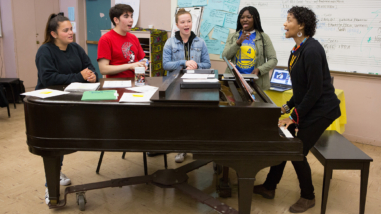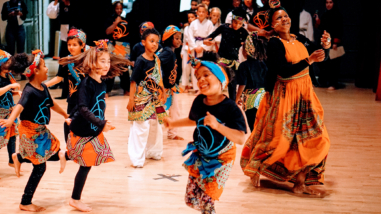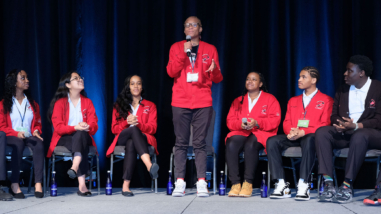Carnegie Endowment for International Peace
For Distributing Foreign Policy, A Magazine Focusing On International Trends And Global Issues, To Journalists At Regional News Outlets
-
Amount$100,000
-
Program
-
Date Awarded10/22/2002
-
Term12.0 Months
-
Type of SupportProject
About the Grantee
Grantee Website
carnegieendowment.org
Address
1779 Massachusetts Avenue NW, Washington, DC, 20036-2109, United States
Grants to this Grantee
for the Africa Program
The Carnegie Endowment for International Peace generates strategic ideas and independent analysis, supports diplomacy, and trains the next generation of international scholar-practitioners to help countries and institutions take on the most difficult global problems and advance peace. This grant is to support the endowment’s Africa Program to examine the opportunities and challenges, for African countries, of the changing landscape of the global trading environment. The organization will look at ways it can, in turn, leverage regional integration; trade agreements with global powers (including China, the U.S., and the EU); and multilateral institutions to shape this environment. (Substrategy: China National Policy)
for the Cyber Policy Initiative
A grant to the Carnegie Endowment for International Peace will support the continued growth of its Cyber Policy Initiative, a leading source of innovative and outcome-minded solutions to critical international security challenges in cyberspace. The initiative promotes greater stability and civility in cyberspace by developing strategies and policies and engaging key decision makers in government and industry worldwide. This grant furthers our field-building goals by sustaining an anchor think tank institution. (Strategy: Core Institutions)



